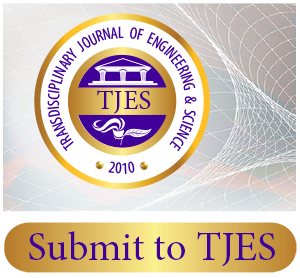Steps to an Ecology of Knowing, and to Teaching Embodied Transdisciplinary Hermeneutics
Abstract
This article explores Bateson’s concept of the Mind as Ecology, in the context of philosophical ideas on phenomenology and embodied knowing, and neuroscientific ideas on embodied cognition. It equally links it with ancient oriental ideas regarding the relationship between body, mind and soul, and practices as meditation and yoga to nourish the body as an organ of perception. It then explores its consequences for our ways of knowing, and concludes that the Mind as Ecology needs to be nourished by an Ecology of Knowing including direct and phenomenological knowing, autobiographic and experience-based knowing, and formal and science-based knowing. The article argues that such Ecologies of Knowing can be realized through the practice of Embodied Transdisciplinary Hermeneutics. It finally presents seven steps to teach Embodied Transdisciplinary Hermeneutics. Two of these steps focus on the learning process as a whole, and five explore particular ways of knowing,and how to teach them


